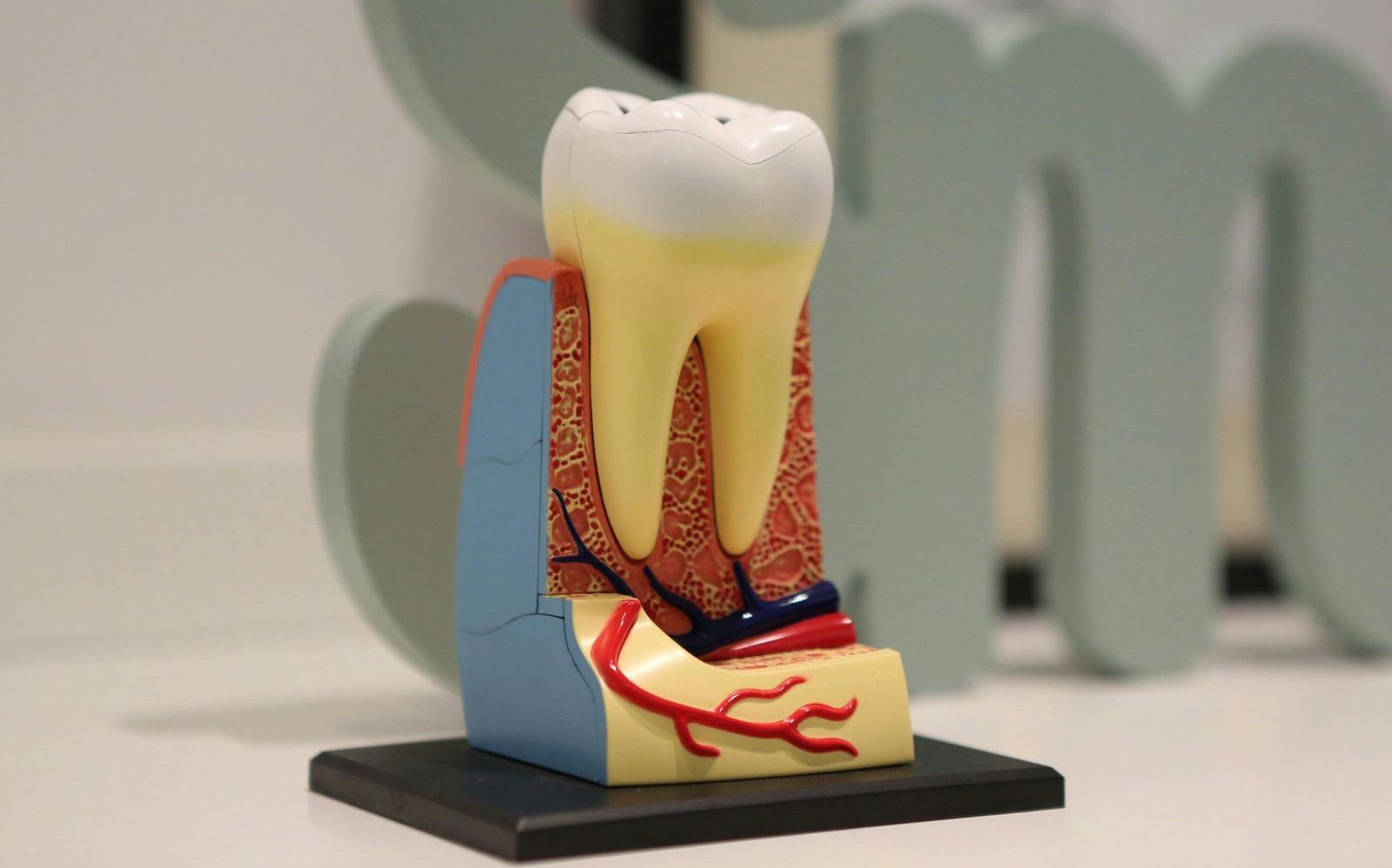Building Healthy Oral Hygiene Habits as a Family
Oral hygiene is more than just brushing your teeth; it’s a cornerstone of overall health that benefits everyone in the family. With billions of bacteria residing in our mouths—some good and some harmful—it’s crucial to establish and maintain effective oral care routines. By fostering healthy habits together, families can create a culture of wellness that lasts a lifetime.

Why Family Involvement Matters
Instilling good oral hygiene habits early can set the foundation for lifelong health. Children learn best by following adults, so incorporating oral care into family routines not only makes brushing fun but also reinforces the importance of these practices. Engaging in this daily ritual as a family can strengthen relationships while ensuring everyone is on the same page regarding dental health.
Creating a Fun Routine
- Set a Schedule. Establishing specific times for brushing—ideally twice a day, after breakfast and before bed—helps turn oral care into a routine. Make it a family event! Consider singing a song or using a timer to ensure everyone brushes for the recommended two minutes.
- Brush Together. Use family brushing time to model proper techniques. Encourage kids to watch and mimic your movements. Make it enjoyable by choosing colorful toothbrushes or fun-flavored toothpaste. This makes the experience less of a chore and more of a bonding activity.
- Use Tools Wisely.
Teach your family how to brush effectively:
- Angle and Motion: Position your electric toothbrush at a 45-degree angle toward the gum line, or if using a manual brush, use gentle circular motions.
- Light Pressure: Emphasize using light pressure to avoid damaging enamel or gums. Explain that brushing harder doesn’t mean cleaner teeth.
Educating on Oral Health
- Discuss the Importance of Oral Hygiene. Talk to your children about why oral health matters. Explain how bacteria can lead to cavities and gum disease, and the role of brushing in keeping their smiles healthy. This not only educates them but also empowers them to take responsibility for their own oral care.
- Introduce Additional Practices.
Beyond brushing, integrate other oral hygiene practices into your family routine which are essential for removing food particles and plaque between teeth where toothbrushes cannot reach:
- Flossing:
Teach kids how to floss properly, emphasizing its importance in removing food particles and plaque between teeth.
- Water Flosser: It can be a fun and effective alternative to traditional flossing.
- Mouth Rinse: Consider using a gentle mouth rinse, especially at night, to further enhance oral health.
- Tongue Scraping: Introduce tongue scraping as part of the night routine to remove bacteria and improve freshness.
- Flossing:
Teach kids how to floss properly, emphasizing its importance in removing food particles and plaque between teeth.
Be Mindful of Timing
- Avoid Brushing After Acidic Foods. Remind everyone to wait 30 minutes after consuming acidic foods or drinks before brushing to protect tooth enamel. This includes after nausea or vomiting. Rinsing with water or a gentle mouth rinse can help balance pH levels.
- No Rinsing After Brushing. Encourage family members to avoid rinsing their mouths immediately after brushing. This allows the beneficial minerals in toothpaste to absorb into the enamel, enhancing its protective benefits.
Celebrate Progress
- Track and Reward. Consider creating a family oral hygiene chart to track brushing and flossing habits. Celebrate milestones with small rewards to motivate and encourage everyone.
Conclusion
By making oral hygiene a family affair, you can foster a culture of health that promotes strong teeth and gums for everyone. Together, you’ll not only improve dental health but also create lasting memories and strengthen family bonds. Start today—brush together, learn together, and watch your family’s smiles flourish.
Copyright © Dr. Annie Mazure-Schmidt
Subscribe To Our Blog
We will get back to you as soon as possible.
Please try again later.






